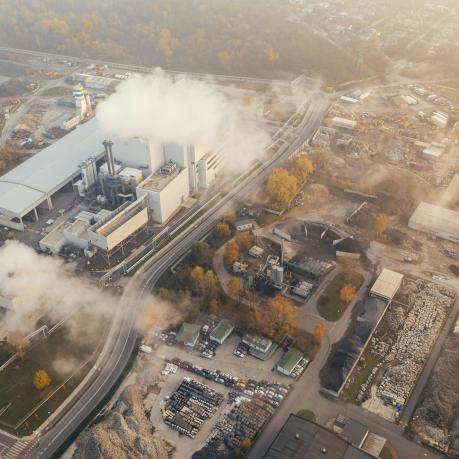
Ehrgeizige Ziele für den Emissionshandel – ICAP-Statusbericht 2024
Kicker (computed)
News vom 10. Apr. 2024
Klima
News vom 26. Febr. 2010
News vom 28. Febr. 2017
News vom 29. März 2019
News vom 14. Mai 2018
Insight von Nora Holz, Paula Cros Marchena